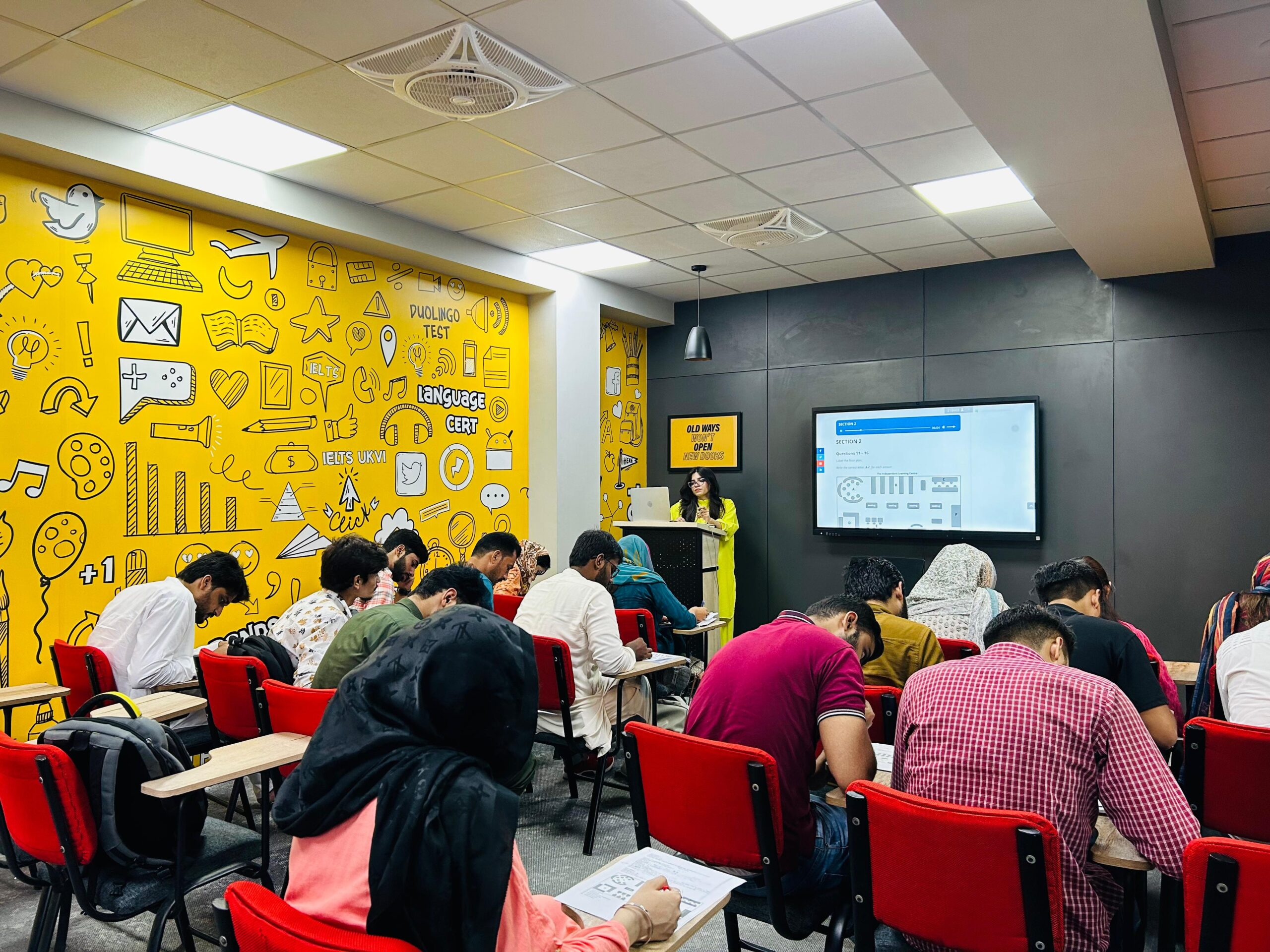
In nowadays’s rapidly evolving virtual panorama, full-stack development has ended up being an exceptionally sought-after ability. A full-stack developer is gifted in both front-end and back-end improvement, capable of coping with everything from designing user interfaces to handling databases and servers. To be effective, full-stack builders rely upon a wide array of equipment that helps them streamline their workflows, beautify productivity, and supply amazing internet packages. In this article, we will discover about Full Stack Developer Tools.

An Integrated Development Environment (IDE) is a critical device for any developer, offering a comprehensive environment wherein coding, debugging, and trying out occur. For complete stack developers, an IDE that helps more than one language and framework is especially valuable.
Visual Studio Code, often known as VS Code, is one of the most famous IDEs among complete stack builders. It helps a huge range of programming languages, including JavaScript, Python, and PHP. With its tremendous library of extensions, builders can customize VS Code to meet their unique desires, adding capability that includes Git integration, syntax highlighting, and code linting.
WebStorm, advanced by using JetBrains, is an effective IDE in particular designed for JavaScript and related technology. It offers clever coding help, on-the-fly error detection, and powerful refactoring equipment, making it a fantastic desire for the front-stop and complete stack builders. WebStorm’s seamless integration with famous frameworks like React, Angular, and Node.js makes it a move-to device for lots of developers.
Version manage structures are essential for coping with code modifications, participating with other builders, and retaining a history of assignment improvement.
Git is the most extensively used model manipulation gadget inside the world. It allows builders to track modifications of their codebase, collaborate with group participants, and manipulate multiple variations of an assignment. Git’s allotted nature means that every developer has a complete copy of the project history, enabling seamless collaboration even if running offline.
GitHub is a cloud-based platform constructed around Git, offering an area for developers to host their repositories, collaborate on open-supply tasks, and proportion their work with the network. It gives equipment for code assessment, problem monitoring, and task control, making it an indispensable device for complete stack builders.
Front-end development involves creating the visual and interactive elements of an internet site or application. Full stack builders need equipment that helps them layout, test, and optimize user interfaces.
React is a JavaScript library evolved with the aid of Facebook for building consumer interfaces. It permits developers to create reusable UI additives, making it less difficult to manage complicated user interfaces. React’s element-primarily based structure is mainly desirable for full stack improvement, as it permits developers to create modular and maintainable code.
Bootstrap is a famous front-end framework that offers pre-designed UI additives, which include buttons, forms, and navigation bars. It’s built on HTML, CSS, and JavaScript, and it permits builders to create responsive and mobile-pleasant web sites fast. Bootstrap’s grid machine and widespread library of additives make it a precious tool for complete stack developers who need to build user interfaces efficaciously.
Webpack is an effective module bundler for JavaScript programs. It takes the diverse assets of an internet utility, which includes JavaScript, CSS, and photos, and combines them into a single, optimized package deal. This reduces the variety of HTTP requests needed to load a page, improving performance. Webpack also gives capabilities like code splitting, which allows builders to load most effectively the important code for every web page, in addition enhancing software performance.
Back-quit improvement entails coping with the server, database, and alertness good judgment that electricity a web software. Full-stack builders need robust equipment to handle the complexity of back-give-up development.
Node.Js is a JavaScript runtime constructed on Chrome's V8 JavaScript engine. It permits developers to run JavaScript on the server facet, making it feasible to construct full-fledged again-cease applications using the same language on the front-end. Node.Js is thought for its non-blocking, occasion-driven structure, which makes it highly efficient and scalable.
Express.Js is a minimum and bendy Node.Js is an internet utility framework that gives a robust set of capabilities for constructing web and mobile packages. It’s recognised for its simplicity and ease of use, making it a famous desire for complete stack builders who need to create RESTful APIs and server-side programs.
Django is a high-degree Python web framework that encourages speedy development and clean, pragmatic design. It’s regarded for its "batteries-protected" philosophy, presenting out-of-the-box features like authentication, database control, and an admin interface. Django is a high-quality desire for complete stack developers who decide upon Python for lower back-stop development.
Ruby on Rails, frequently referred to as Rails, is an internet application framework written in Ruby. It’s designed to make programming web programs less difficult via imparting a conference over configuration (CoC) method, which reduces the quantity of choice-making required. Rails’ ease of use and extensive library of plugins make it a popular desire for full-stack developers who need to construct net programs quickly.
Databases are an essential thing of any internet application, storing the facts that power the software’s functionality. Full-stack builders need tools that allow them to design, manage, and query databases successfully.
MySQL is one of the most famous relational database management structures within the international. It’s acknowledged for its reliability, ease of use, and sturdy network help. Full-stack builders frequently use MySQL for handling based information, particularly in applications that require complex queries and transactions.
MongoDB is a NoSQL database recognized for its flexibility and scalability. Unlike conventional relational databases, MongoDB stores information in a JSON-like format, making it easier to work with unstructured information. Full-stack developers often use MongoDB for packages that require excessive performance and the ability to handle massive quantities of information with various structures.
PostgreSQL is a powerful, open-source relational database system that emphasizes extensibility and requirements compliance. It’s recognized for its superior functions, such as aid for complicated queries, complete-textual content seek, and custom statistics sorts. Full-stack developers who need a robust and bendy database solution often turn to PostgreSQL.

Deployment and DevOps equipment are critical for automating the technique of deploying, scaling, and handling net programs. These gears help full-stack builders ensure that their applications run easily in manufacturing environments.
Docker is a platform that lets in builders to automate the deployment of lightweight, transportable packing containers. Containers encapsulate all of the dependencies and configurations required to run software, making sure that it runs continually across different environments. Full-stack developers use Docker to streamline the deployment system and control programs at scale.
Kubernetes is an open-source platform for automating the deployment, scaling, and management of containerized packages. It affords a framework for going for walks dispensed systems resiliently, with features like self-restoration, automated rollouts, and provider discovery. Full stack builders use Kubernetes to control complicated applications that require high availability and scalability.
Jenkins is an open-supply automation server that facilitates developers build, take a look at, and deploy programs automatically. It integrates with numerous model management systems, build tools, and deployment systems, making it a key component of non-stop integration and non-stop deployment (CI/CD) pipelines. Full-stack developers use Jenkins to automate repetitive obligations and make sure that code adjustments are examined and deployed successfully.
The global market for Full Stack Developer Tools is large, and the equipment available to builders is always evolving. By getting to know the vital complete stack developer equipment outlined in this article, developers can enhance their productiveness, streamline their workflows, and deliver extremely good web packages that meet the demands of these days’s digital landscape.

Top Freelancing Course in Faisalabad A Comprehensive Guide to Online Income 2025
Read Article →
How to Start Freelancing A Beginner’s Complete Guide to Success in 2025
Read Article →
Navttc Summer Boost Camp 2025 An Incredible Opportunity for Pakistani Youth
Read Article →
Best IT Institutes in Faisalabad Your Guide to Top Tech Education
Read Article →
Top IT Institute in Faisalabad Best Courses & Career Support 2025
Read Article →
What is E-Commerce – A Complete Beginner’s Guide
Read Article →